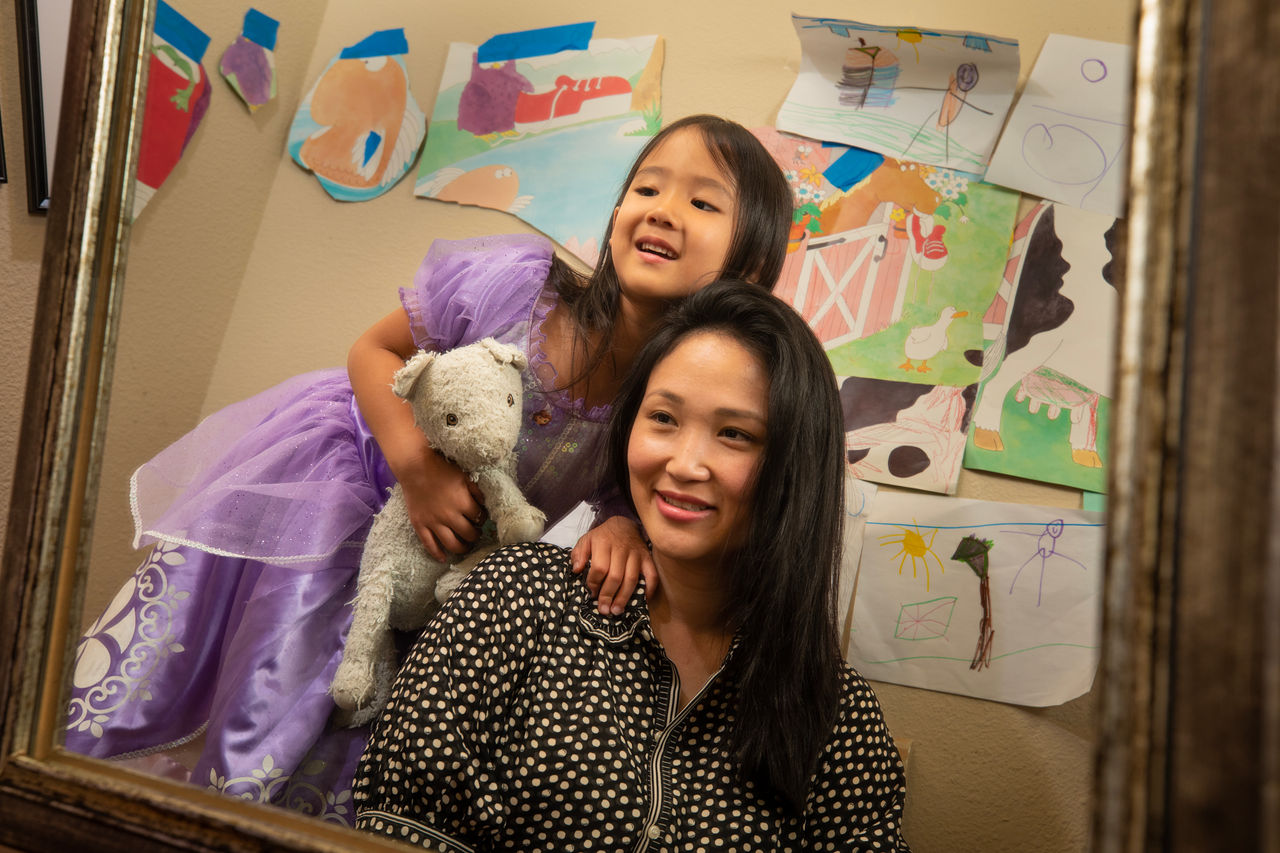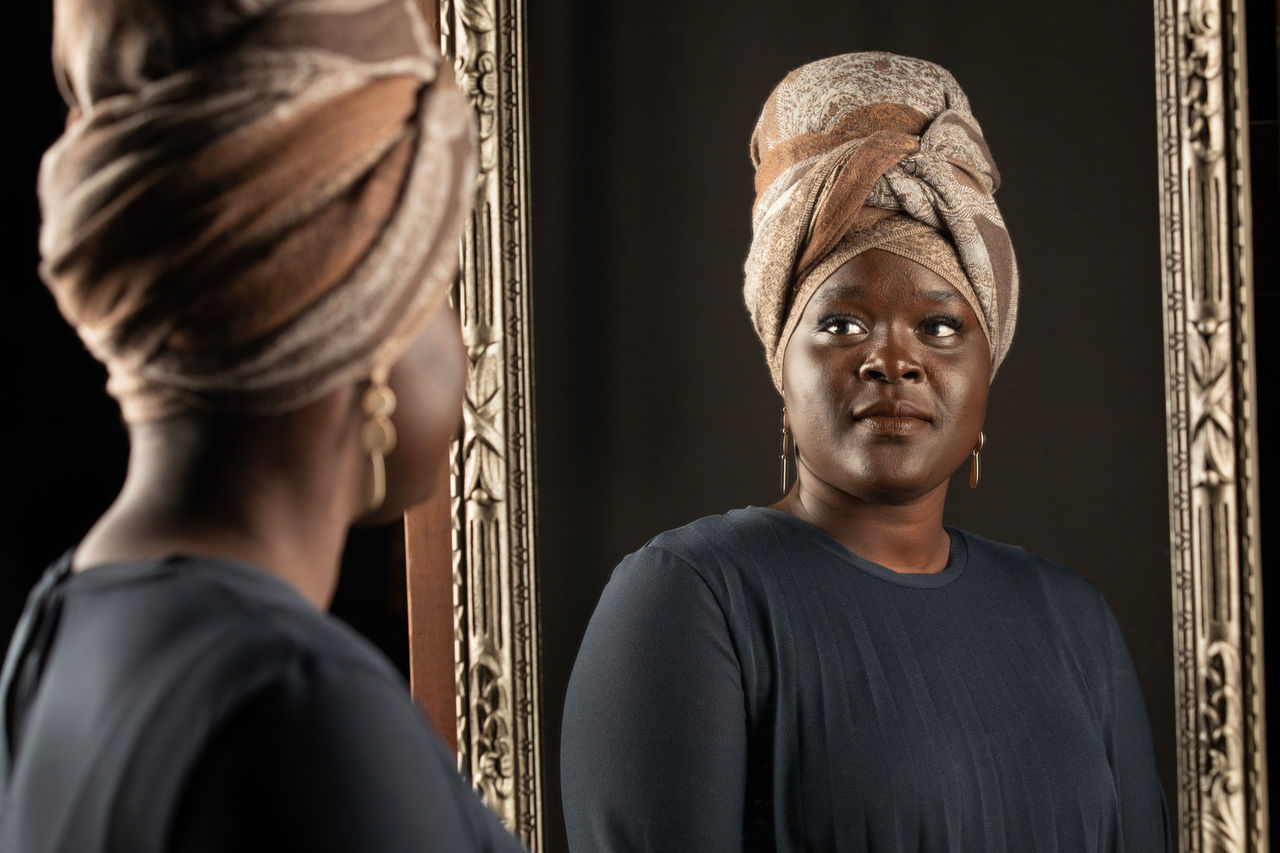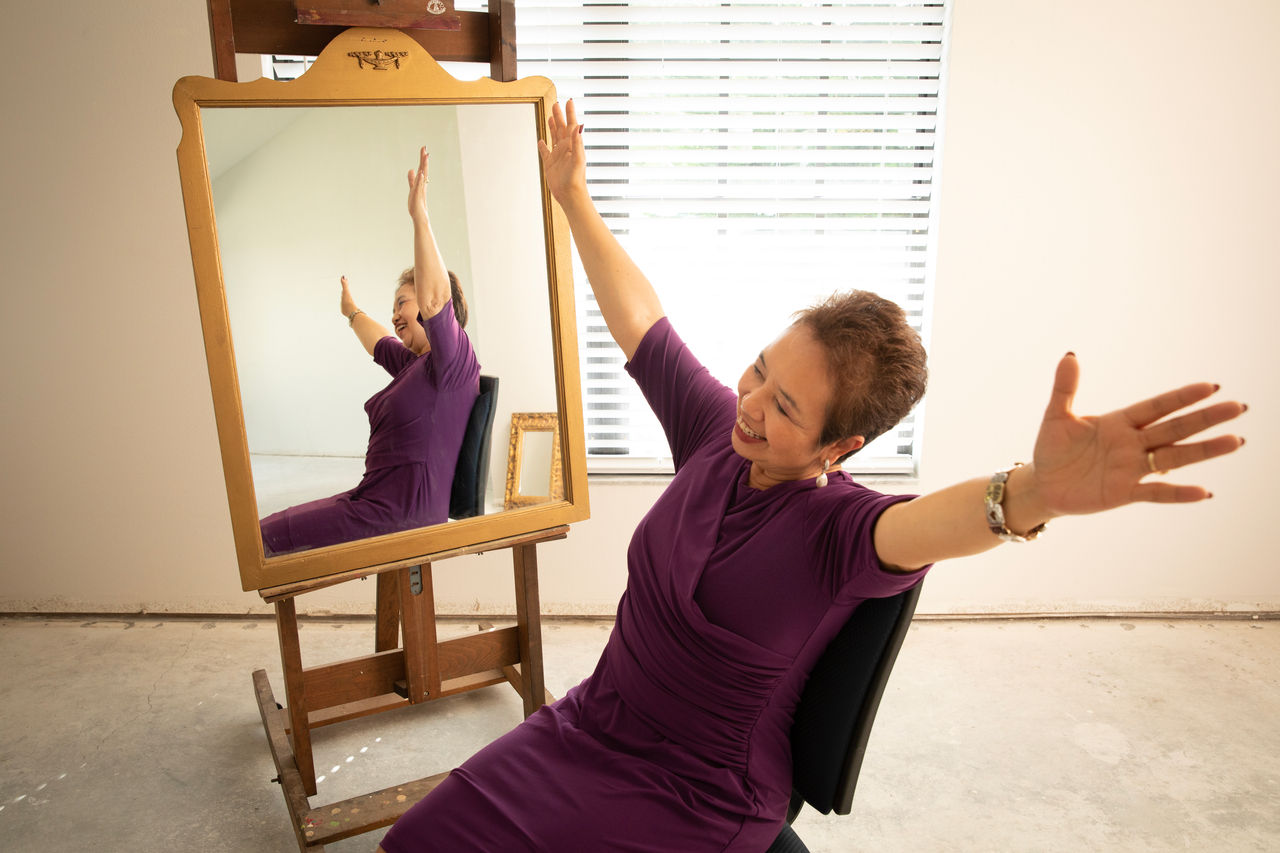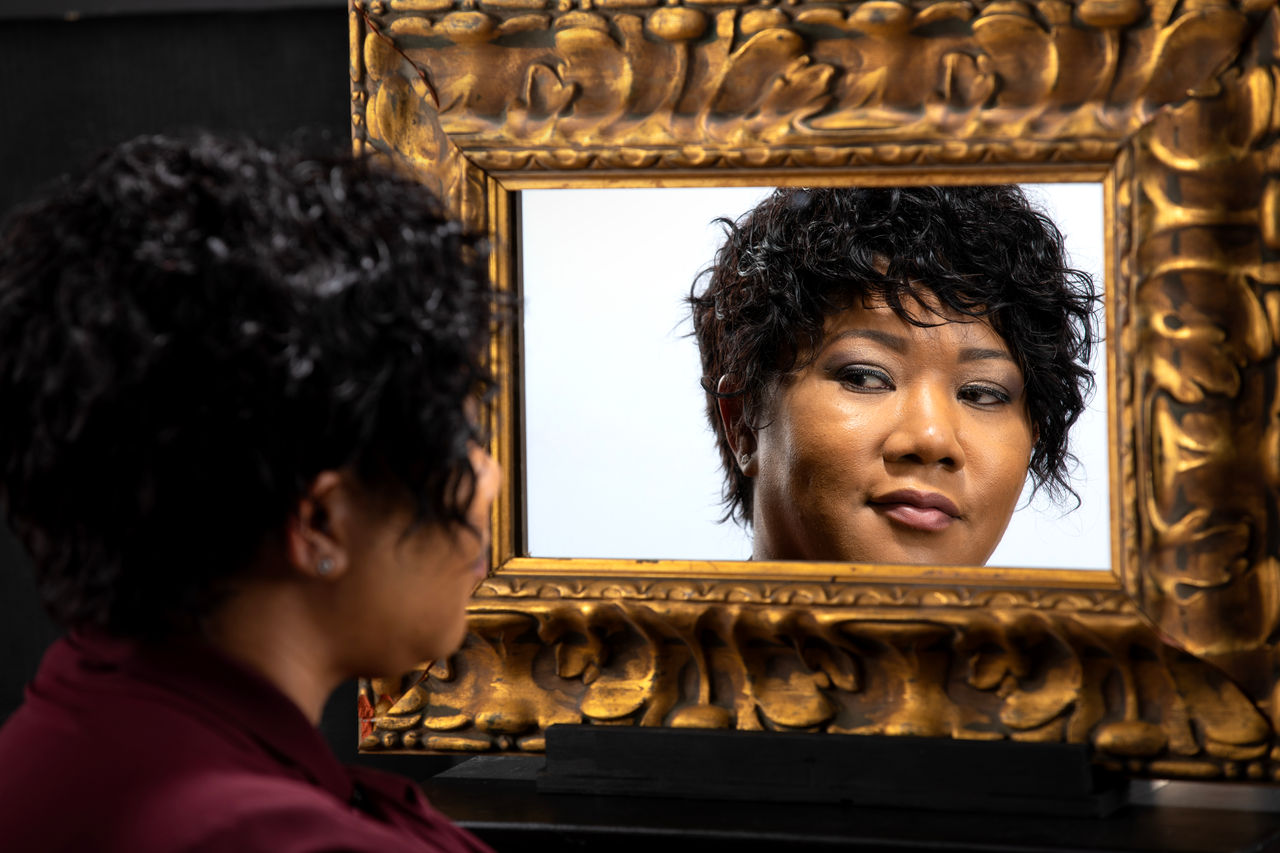 Photos by Guy Gerrard
Photos by Guy Gerrard
This International Women’s Day, you can know that God sees, honors and values women. He has designed a special place for women in His plan to restore and redeem humanity. God’s love for women is radically different from the world’s.
Both now and throughout history, many women have endured unfair treatment and have been devalued by culture and society. Women are more likely than men to be victims of violence. One in three women and girls suffer from violent acts against them, including physical and sexual abuse. Women represent two-thirds of people living in poverty. More than half of the 733 million illiterate people in the world are women. After reading statistics like these, it might be tempting to think the world’s conduct toward women is the same as how God views women. Or it may seem that God doesn’t value women the same way He values men. In fact, God cares deeply about women, and He demonstrates this throughout the Bible and today.

From the beginning, when God created the world, He has shown how He has specifically made women (and men) in His image and likeness to uniquely reflect Him and His character (Genesis 1:27). But when Adam and Eve first sinned against God, brokenness entered the world. And throughout time, women were treated with far less dignity, honor and value than they were originally created with.
Jesus was born into a culture that treated women as outsiders and as a source of shame. Jesus, God in human flesh, saw the grief and shame of women. He engaged in and empathized with their struggles to restore them and bring them a flourishing life. Jesus championed and advocated for women as well as involved women in His plan to reconcile the world to Himself. He demonstrated to women then and now that God’s love for women is different from the world’s.
Scripture tells stories of how Jesus honored women during His time on earth. Here are five such women.
God entrusted Mary, Jesus’ earthly mother, to carry His Son, the Creator of the universe, in her womb. God trusted Mary to raise Jesus as part of her family and teach Him before He began His earthly ministry.
As Jesus was dying on the cross, He honored Mary by turning to His disciple John and instructing him to care for Mary the same way he would care for his own mother. Jesus made sure that Mary would have a son to look after her after His death. He also invited Mary to embrace John as her son.
When Peter and John came to Jesus’ tomb on Easter Sunday, they discovered it was empty. They ran back to tell the other disciples about what they saw.
Mary Magdalene, a follower and disciple of Jesus, also came to the tomb that morning and found it empty. She lingered, talking to a man close by. When he spoke to her, she immediately recognized that he was Jesus, her Savior, risen from the dead.
In that culture, women’s testimonies were dismissed or considered not valid. But the risen Jesus chose to reveal His resurrection first to a woman. And Jesus entrusted her to be the first person to tell the other disciples that He was alive.

During His public ministry, Jesus intentionally traveled through Samaria, a place most Jews avoided because of ethnic tension. In that culture, Jews didn’t talk to Samaritans, and men didn’t talk to women. But Jesus broke both norms. That day, Jesus spoke with a woman getting water at the local well and asked her for a drink.
Traditionally, women would gather at the well to collect water early in the morning, during the cooler moments in the day. But this woman went alone during the middle of the day, likely so the other women wouldn’t see her. Shame was a part of her life story, and Jesus knew it. He wanted to restore her. Because Jesus entered into her story and showed her the way to have life, she believed He was the Savior, and she trusted Him to forgive her sins. Jesus lifted her out of shame, and she boldly told the people of her town about Him. As a result, many townspeople also trusted Him to forgive their sins.
In Luke 8, we can read the story of an unnamed woman who had been bleeding for 12 years. She mustered all of her faith and courage, and she touched the hem of Jesus’ robe as He passed by in the middle of a crowd. Immediately, she noticed that her bleeding stopped. After all of those years, she was finally well. She intended to quietly slip away unnoticed, but Jesus had other ideas.
“Who touched me?” Jesus asked. One of the disciples pointed out that He was surrounded by a crowd of people pressing up against Him.
“Someone deliberately touched me,” Jesus said. “For I felt healing power go out from me.”
Finally, the frightened woman stepped forward, fell at His feet and confessed that she had touched Him, believing that He could heal her. In those days, according to Jewish law, her bleeding meant that she couldn’t come into physical contact with anyone. She likely felt the depths of loneliness, and she was cut off from her community because of her ailment.
Instead of criticizing her for touching Him, Jesus turned toward her and said, “Daughter, your faith has made you well. Go in peace.” He noticed her, and He spoke comforting words to her. He even commended her for her strong faith. He restored her health and her place in the community. She now had a place where she could belong.

After a long day of teaching the crowds, Jesus accepted an invitation to have dinner with Simon, a Pharisee, a religious leader who kept the law to the letter. The story plays out in Luke 7:36-50. Simon planned a big dinner to honor Jesus. He invited his Pharisee friends to join him plus the crowds from the community who would line the walls of his dining room. Everyone would see how fine a meal he could provide for his guests who reclined around his table.
One of the visitors, an unnamed woman who made her living as a prostitute, knew her profession violated Jewish laws, and she certainly wasn’t proud of herself. She also knew it was time for a change. She stepped forward out of the shadows, cradling a vial of expensive perfume, and she approached Jesus.
Simon gasped as he watched what happened next. Tears rolled down her cheeks and onto Jesus’ feet. She lowered her hair and used it to dry the tears. Then she freely poured her expensive perfume onto His feet.
Simon, drowning in self-righteous pride, said to himself, “If this man were a prophet, he would know what kind of woman is touching him. She’s a sinner!”
Instead of shaming Simon in front of His friends, Jesus told a story. He compared two people who each owed money to a money lender. One owed more than a year’s wages. The other owed two month’s wages. The lender forgave both people. Jesus asked Simon which debtor would love the lender more.
Simon answered, “I suppose the one for whom he canceled the larger debt.” Jesus commended him for speaking truthfully. Then he turned to the woman and described her actions. She washed His feet with her tears while Simon had failed to provide a servant to wash His feet with water. Simon didn’t kiss Jesus, but the woman hadn’t stopped kissing His feet. Simon didn’t put oil on Jesus’ head, but the woman put expensive perfume on His feet.
Unlike other men in the room who would have ignored the woman, Jesus acknowledged her and told her that her many sins had been forgiven. Jesus welcomed her tears and was not embarrassed by her public emotions. He saw the depth of her pain and didn’t turn her away. He then said to her that her faith had saved her. Jesus restored her. She could go in peace.

God continues to give women unique gifts, with which they can reflect His character, serve Him, love our neighbors and accomplish God’s plans to restore humanity to Himself. For example, a group of women from around the world created an audio Bible read exclusively by women. You can listen to any book of the Bible at her.Bible or read more stories of women of faith.
This International Women’s Day, remember that God sees women, honors women, celebrates women and has a special place for them in His mission to bring restoration to a hurting world.
How can Jesus’ interactions with women encourage you today?

©1994-2025 Cru. All Rights Reserved.